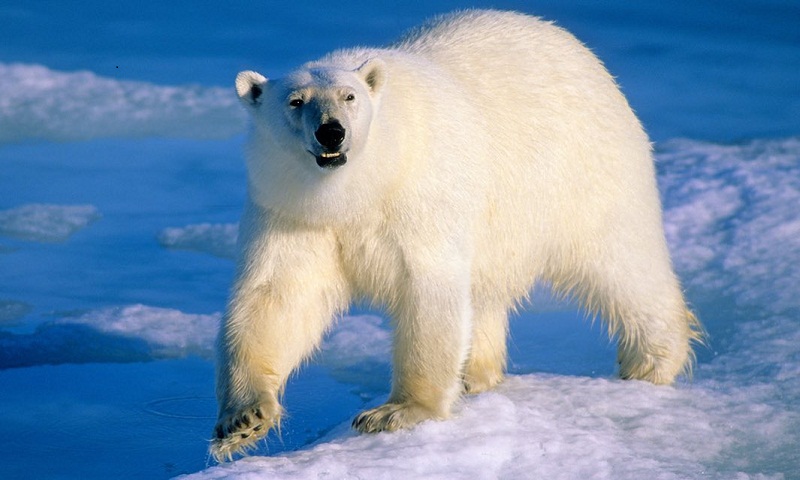How disappearing sea ice has put Arctic ecosystem under threat

From algae to fish and polar bears, the loss of habitat caused by global warming is affecting the food chain. In a few days the Arctic’s beleaguered sea ice cover is likely to set another grim record. Its coverage is on course to be the lowest winter maximum extent ever observed since satellite records began. These show that more than 2 million square kilometres of midwinter sea ice have disappeared from the Arctic in less than 40 years. The ice’s disappearance – triggered by global warming caused by rising carbon emissions from cars and factories – is likely to have profound implications for the planet. A loss of sea ice means a loss of reflectivity of solar rays and further rises in global temperatures, warn researchers. But there are other pressing concerns, they add. Sea ice loss is now posing serious threats to the Arctic’s indigenous species – its seals, fish, wolves, foxes and polar bears. “The Arctic food chain relies on a stable sea ice platform and that is now disappearing, putting the region’s wildlife at risk,” said marine ecologist Tom Brown, of the Scottish Association for Marine Science (Sams), in Oban. Sea ice provides a platform from which polar bears can hunt, and it links communities of land animals such as foxes and wolves. “The sea ice cap has been retreating for decades, and as it does the animals who live on its edge have had to move north,” said Andrew Shepherd, professor of Earth observation at Leeds University. “But that process takes them further and further away from land – and there is likely to be a limit about the distance they can tolerate.”
Read more:

